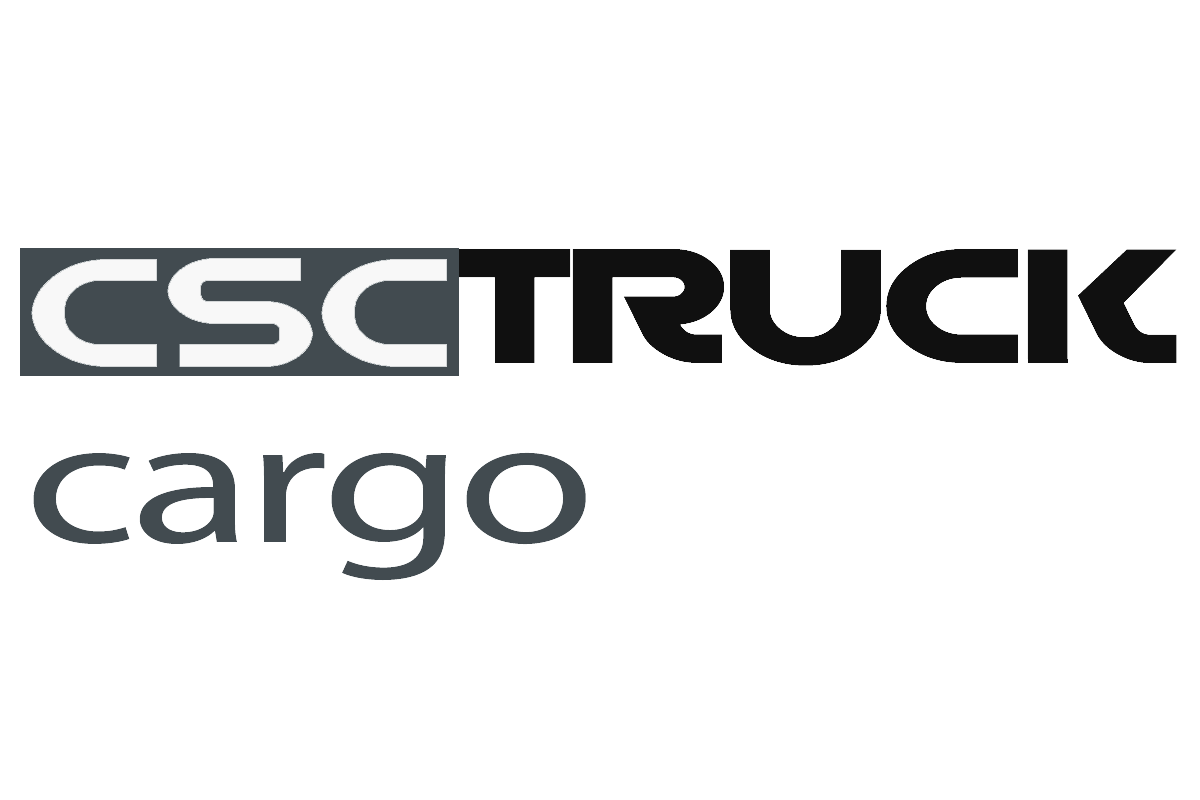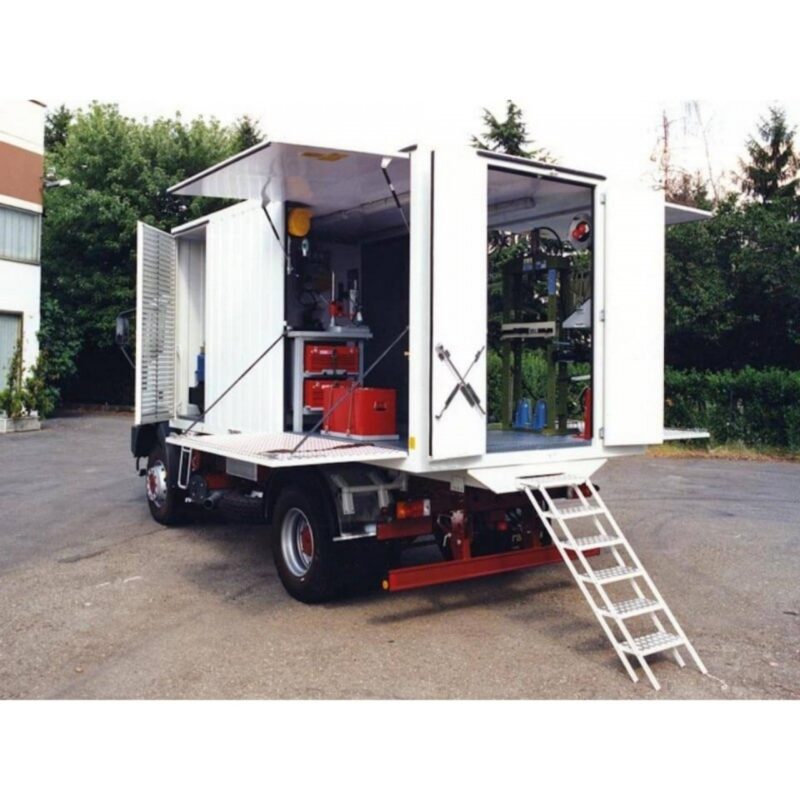1. The Productivity Imperative: Confronting Downtime Economics
The traditional model of returning equipment, personnel, and specialized tools to centralized facilities for maintenance and repairs represents a catastrophic drain on operational efficiency, with industries ranging from construction and energy to telecommunications and defense hemorrhaging $87 billion annually in cumulative productivity losses due solely to transit-induced downtime; field technicians waste 34% of their productive hours navigating traffic or awaiting parts deliveries, while critical assets like hydraulic excavators, cellular tower transmitters, or military generators sit idle for days awaiting service, creating cascading delays that erode profit margins and compromise project timelines—a paradigm fundamentally disrupted by deploying custom mobile workshop trucks that transform any jobsite into an instant, fully-capable service hub equipped with CNC machining, 3D printing, diagnostic suites, and parts inventory, slashing mean repair times (MTTR) by 68-79% according to Caterpillar’s 2024 field efficiency report.
2. Engineering Excellence: Bespoke Solutions for Extreme Demands
Structural Integrity Architecture
Unlike standard service vehicles, purpose-built mobile workshop trucks incorporate aerospace-grade aluminum frames with ISO-connected crossmembers capable of supporting 15,000-pound vertical loads during hydraulic press operations, while vibration-dampening subfloors with active harmonic cancellation maintain micrometer tolerances for precision machining even on uneven terrain; the integration of retractable outrigger systems and self-leveling hydraulic stabilizers creates stationary-platform stability within minutes, enabling delicate operations like turbine blade balancing or circuit board reflow soldering in environments ranging from Arctic oil fields to desert solar farms.
Power & Environmental Mastery
Modern designs feature triple-redundant power systems combining 60kW diesel generators, lithium-titanate battery banks, and solar-integrated roofs capable of sustaining 480V three-phase equipment for 72+ hours off-grid; climate control leverages dual-zone HVAC with HEPA filtration and positive-pressure seals maintaining ISO Class 7 cleanroom conditions during optical sensor calibration or pharmaceutical equipment servicing—critical for operations where 0.5°C temperature fluctuations or 5μg/m³ particulate levels could invalidate calibration certifications.
The Box Truck Transformation
The standardized box truck platform provides the ideal canvas for workshop conversion, offering 18-26ft uninterrupted cargo space with 9ft interior heights accommodating vertical lift cranes and overhead tool racks; leading fabricators like Knapheide now integrate monocoque composite bodies reducing weight by 40% while increasing thermal efficiency, with RFID-enabled smart walls that monitor structural stress and detect corrosion at the molecular level.
3. Sector-Specific Dominance: Where Mobile Workshops Transform Industries
Renewable Energy Frontiers
Wind farm operators deploy turbine-specific mobile units featuring 200-foot hydraulic nacelle elevators and blade repair gantries, eliminating the $12,000/hour cost of crane rentals; Siemens Gamesa’s fleet carries ultrasonic composite scanners and thermal imaging drones that detect subsurface blade defects during routine maintenance stops, increasing turbine availability by 19%.
Defense & Aerospace Readiness
The US Air Force’s Rapid Airbase Engineering (RABE) trucks contain portable coordinate measuring machines (CMMs) and spectral analysis labs capable of rebuilding jet engine components forward-deployed locations; Lockheed Martin’s THAAD missile support vehicles perform cryogenic fuel line repairs and radar recalibration within 45 minutes of arrival—critical for systems where 72-hour mean repair time thresholds define mission viability.
Industrial Manufacturing Resilience
Automotive plants utilize stamping press service trucks with 120-ton hydraulic rams for die realignment without disassembly, while semiconductor fabs employ ISO Class 3 mobile cleanrooms performing photolithography nozzle replacements under laminar flow hoods, preventing $2M/hour production halts during contamination events.
4. The ROI Calculus: Quantifying the Mobile Advantage
Operational Expenditure Redefinition
Beyond eliminating transit downtime, these workshops deliver compounded savings through predictive maintenance integration; embedded IoT vibration sensors in machine tools feed data to edge computing systems that forecast bearing failures 800 operating hours before malfunction, reducing catastrophic breakdowns by 92%. John Deere’s Agri-Service division documented $47,000 monthly savings per truck through avoided equipment rentals and overtime premiums alone.
Asset Utilization Amplification
A single custom mobile workshop servicing mining equipment in Western Australia demonstrated 11:1 utilization multiplier effect, enabling continuous operation of nine excavators valued at $3.2 million each that previously rotated through offsite maintenance cycles; the embedded inventory management system reduced spare parts carrying costs by 63% through AI-driven consumption forecasting that anticipates wear components based on equipment telemetry.
Insurance & Liability Reduction
Commercial insurers now offer 27% premium discounts for fleets using certified mobile workshops, recognizing their role in preventing OSHA recordable incidents; the presence of ergonomic lifting systems and fume extraction arms reduces musculoskeletal claims by 41%, while real-time compliance auditing via onboard systems cuts regulatory penalties by 78%.
5. Regulatory & Safety Transformation
Compliance as Standard Configuration
Modern builds automate adherence to complex regulations through integrated compliance architectures: welding trucks auto-generate AWS D1.1 procedure qualification records (PQRs) via weld monitors, while pharmaceutical service units maintain FDA 21 CFR Part 11 electronic audit trails for all calibration activities. Volvo’s mining support trucks feature proximity detection systems that automatically disable power tools when personnel approach within 2 meters.
Contamination Control Ecosystems
For hazardous environments, multi-zone containment trucks separate Class I Div 1 explosive atmospheres from clean workspaces using airlock pass-throughs and differential pressure monitoring; Shell’s refinery service units incorporate VOC sniffer arrays that trigger catalytic oxidizers before volatile compounds reach explosive limits during tank valve repairs.
6. The Future-Proofed Platform: Beyond Immediate Repairs
Mobile workshops are evolving into data convergence hubs where repair activities generate predictive intelligence—CNC machining trucks now perform spectrographic oil analysis during component fabrication, detecting abnormal wear metals that signal upstream process failures. Komatsu’s intelligent service vehicles reduced customer fleet-wide failures by 31% through such cross-functional data synthesis.
**Modularity becomes strategic when standard cargo truck bodies transform into specialized mission pods: during disaster response, generator service trucks reconfigure into emergency trauma centers with surgical lighting and oxygen systems; agricultural repair units switch to drone command centers for crop analysis by swapping interior modules in under 90 minutes.
The ultimate evolution emerges through autonomous collaborative networks: in Alberta’s oil sands, self-driving workshop convoys follow heavy equipment routes, performing proactive component replacements during scheduled operator breaks using digital twin synchronization, with hydrogen-powered box truck platforms serving as mobile refueling stations for both machines and support fleets—creating self-sustaining productivity ecosystems that redefine industrial mobility.

